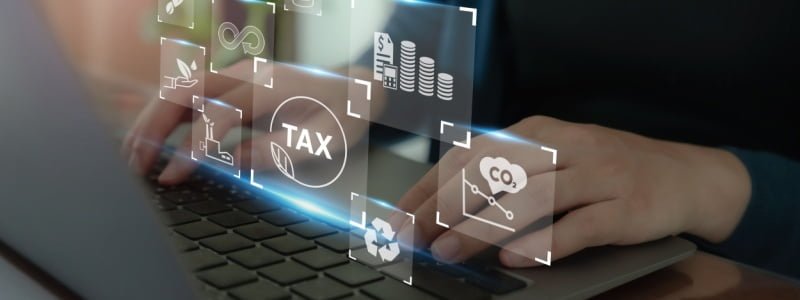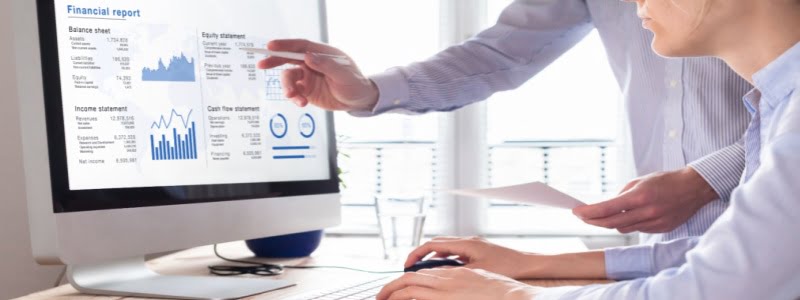As a leading firm for Australian startups, we often get asked by founders when the ideal time to pay the founding team is, and how to put this into action. Whilst these seem like pretty straightforward questions, there is more complexity than first meets the eye.
There comes a time in most successful startup journeys when the founders get tired of working for free (sweat equity) and start to explore ways to better recognise their contributions to the company.
When answering the question posed by this article, the first thing to consider is the overall objectives of the company, founders and investors before working through the issues in the article below.
How is the founder remuneration going to be funded?
It may be the case that the only way to facilitate a payment to founders is through a shareholder loan, where a founder or angel investor loans the money to the company, who then uses the money to pay the founder as an employee and recognises a loan amount to the shareholder. The downside of this arrangement is that it may not provide a material difference to the circumstances of those involved and could create needless complication for not much benefit.
In contrast, following a successful raise from a VC, a decision could be made to formalise the founding team as full-time employees and recognise their efforts through a regular salary. You will need to ensure that shareholder / investment agreements are consulted to ensure that these are not contravened. Starting to pay the founders using incoming sales revenues may also be a good opportunity to formalise such arrangements.
Am I an employee or contractor? How much should I be paid?
If the founders have decided it is time to pay themselves after considering all other factors, they will first have to consider how they will be paid – should the founders be recognised as employers, or contractors?
One aspect that must first be understood is the difference between employees and contractors and the consequences of this. As an employee, the founder must be paid a salary in line with the minimum wage entitlements under the Fair Work Act 2009 (FWA), with Pay As You Go (PAYG) Tax withheld from their salary. In addition to this, the founder must receive Super Guarantee Contributions in line with the current Super Guarantee (Administration) Act’s rate (currently 11% for 1 July 2023 to 30 June 2024).
Due to the additional administration, some founders may prefer to classify themselves as a contractor (sole trader) and pay themselves as they feel necessary. What must be understood, however, is that under the ATO’s six factors that determine a subcontractor vs an employee, a founder will almost always be recognised as an employee of the business. If the founder/s are exploring equity investment for the company, setting up the employment contracts per the ATO guidelines will also help to complement the appeal of the business to investors.
If the company is considering utilising the Research & Development (R&D) Tax Incentive as will be discussed further below, the company may benefit further from paying the founder a salary as employee.
By reverse-engineering the R&D Incentive and current income tax rates, the ideal salary for technical founders engaged in 100% eligible R&D activities would be approximately $40k total – providing there are no other income sources.
What are the broader tax implications?
Something often overlooked is the impact of the payments on the personal tax positions of those involved. A founder who has quit their day job to take a risk on a new venture might rely on a small salary to stay afloat. On the other hand, paying a founder who maintains their regular, highly paid consulting job might create an additional, unwanted tax burden at the highest marginal tax rate.
When working through these issues, forecasting should be conducted to ensure that the company itself is equipped to handle all its tax obligations. Tax accountants should be consulted to ensure that the individuals involved are effectively managing their tax affairs.
Are there other benefits?
Beyond the immediate benefits of founders being recognised financially for their hard work, there may be other benefits in beginning to pay founders. Often discussed is the ability of companies to effectively cash out their losses through accessing the R&D Tax Incentive. This program assists companies that are developing innovative products and services by providing cash refunds of up to 43.5% of a company’s expenditure incurred on eligible R&D activities. For startups, the main eligible expense is generally salary and contract costs for development personnel based in Australia.
On the face of it, receiving a 43.5% cash refund is pretty good. The downside is you must spend $100 in taxable wages to get back $43.50 meaning that, unless the company has some other reason to start paying founders, it may not be worth incurring the personal tax cost to receive a portion of it back via the company.
To access the program, a company must have incurred $20,000 on R&D in one financial year, so situations may arise where salaries to a technical founder could help the company reach the threshold and make the payment worthwhile.
R&D Tax claims may be useful in helping companies with other concessions, such as the Early Stage Innovation Company (ESIC) concessions for investors. An R&D Tax claim of sufficient size can help a company qualify as an ESIC, so paying founders and making an R&D Tax claim may have other benefits.
If you are reaching the point where you are starting to ask these sorts of questions, it is imperative that you speak to an expert. The team at Fullstack has the detailed knowledge to ensure that you receive the best advice. Don’t hesitate to reach out.
Was this article helpful?
Related Posts
- 8 Must-Read Startup Books for Founders
Effective startup founders leverage the experience of others. If you’re planning on launching a startup,…
- Australian Visas for Startup Founders: Making the Right Choice
Australian immigration can get complicated when it comes to starting a business — here’s what…
- Boosting Female Founders Initiative: Find Out More
Following the success of the first round of the Boosting Females Founders Initiative, the Australian…
- Company Structure: Founders Shares vs Ordinary Shares
Structuring ownership of your new business or startup is a complicated process. Understanding the difference…
- ESIC Eligibility for Startup Founders
The ESIC regimes has many tax benefits that can incentivise investors. As such, founders should…
- Financial Modelling for Startups: a Key Tool for Founders
Financial modeling is the best way for your startup to make calculated estimates around the…
- Hot tax return tips for founders
We look after the entire tax and accounting situation for hundreds of founders. Do you…
- Startup Accelerators: A Tax Accounting Guide for Founders
Entering a startup accelerator program? Read about some best practices from a startup accounting &…
- Startup Onramp Founders Course: Everything You Need to Know to Launch
Launching a startup can be a risky endeavor. The Startup Onramp Founders Course provides startup…
- The Founder’s Institute: How Does it Help Startup Founders?
The Founder’s Institute is the largest startup accelerator in the world — here’s how it…
















